A lot of us, particularly as we age, have dark spots that start showing up on our skin. We may notice that our skin tone is not as even as it used to be. Whatever the imperfection, we look for solutions, right? Usually that means skin-lightening formulas that we hope will lighten dark spots and make our skin look more even.
Unfortunately, there's one so-called solution out there that definitely works to lighten skin, but I want to caution you about it—hydroquinone.
What is Hydroquinone?
Hydroquinone is a chemical, also called “benzene-1,4-diol.” (Benzene is a known carcinogen, by the way.) It's a type of phenol, which is just a fancy name for a certain class of chemical compounds that are similar to alcohols, but with unique properties. It works to lighten the skin by decreasing the production of the skin's pigment cells, called “melanocytes.” By inhibiting the action of a certain enzyme, it slows down the production of melanin, which is what gives skin its color.
Most people who use hydroquinone find after about one-to-three months that their skin has lightened, though it doesn't work for everyone. Because of its reputation for actually lightening skin, however, it has become widely used to deal with age spots, scarring, and other types of darkened skin.
What's Wrong with Hydroquinone?
The reason I want to caution you about hydroquinone is that it could be dangerous to your skin and to your health. Lightening a few age spots isn't worth that! The honest truth is that we really don't know that much about the chemical, and what we do know is concerning:
- Animal studies have shown some evidence that hydroquinone may be a cancer-causing chemical when ingested orally, though this is yet to be proved in humans. Since it is known to penetrate deep into skin, this is concerning.
- In the 1980s, following a study in the Journal of American College of Toxicology, the Cosmetic Ingredient Review (CIR) panel recommended that hydroquinone not be used in any leave-on product (such as facial creams). They restated this suggestion in a 2010 amended safety assessment.
- In 2006, the FDA announced additional safety tests were needed on the ingredient, and proposed withdrawing their earlier ruling that it was safe in products containing 1.5 to 2 percent of the ingredient. They later allowed this concentration in over-the-counter products, with concentrations over 2 percent available only by prescription.
- A study published in ISRN Biology (2012) noted that hydroquinone affects skin cells more than previously believed, with the authors recommending “careful review” of the use of this compound in cosmetics.
- Long-term use of the ingredient has been associated with contact dermatitis and decreased skin elasticity—you may be lightening, but you're raising your risk for other skin problems that only increase the look of skin aging.
- Hydroquinone increases photosensitivity—your skin becomes more sensitive to UVA and UVB rays, which is why most creams recommend the liberal application of sunscreens.
- The compound has been linked with a condition called “ochronosis” in some people, which creates darkened bluish/gray patches on the skin, even in those using creams with only 2 percent of the ingredient.
- Hydroquinone creams may contain “sodium metabisulphite,” which is known to cause serious allergic reactions in sensitive people.
- Doctors caution pregnant women not to use hydroquinone.
I don't know about you, but all that leads me to want to stay away.
Have you experienced a bad reaction from hydroquinone? Please share your story.


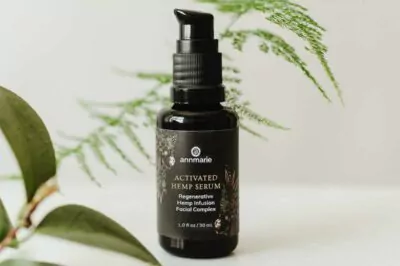
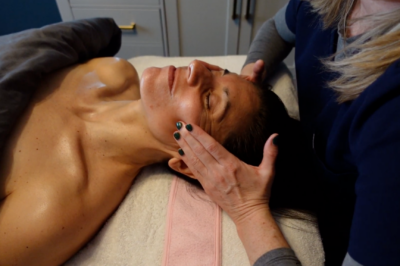
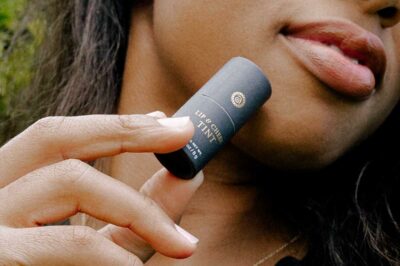
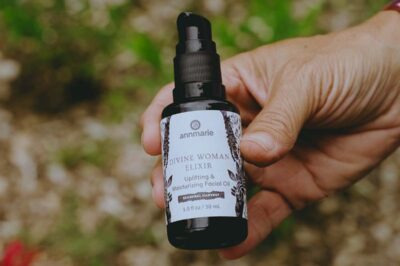
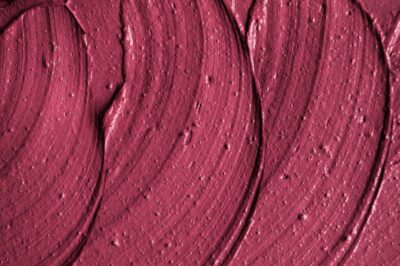
Leave a Reply